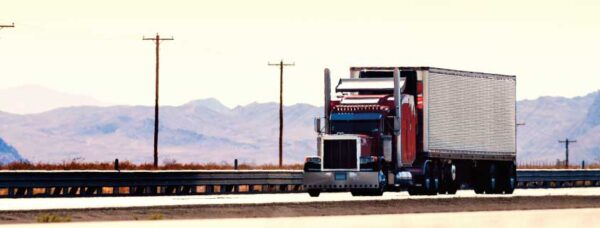Purchasing a truck can be a significant expense, even for the most established trucking companies. As with most vehicles, acquiring a truck typically requires either a lease or a purchase. Which is the wisest investment? Let’s take a look at some of the pros and cons associated with each option to help you make a more informed decision for your business.
Leasing
Leasing is essentially financing the use (or deprecation) of your truck, as opposed to a loan, which finances the actual vehicle. There are various types of leasing agreements to choose from, but generally speaking, a truck lease covers the difference between the purchase price of the vehicle (excluding sales tax) and the projected value of the vehicle at the end of the lease terms.
One of the biggest differences between a lease and a purchase is what happens when all the required payments have been made. Unlike a purchase, with a lease, you will not automatically own the vehicle at the end of the terms. Some leases will allow you to purchase the truck when the lease ends for an additional amount of money, while others will allow you to trade the vehicle in, either for another truck or for the remaining cash value.
Depending on the type of lease you choose, you could end up paying more for a “closed end” lease. You could also be paying for mileage or wear and tear before you walk away as well. Furthermore, leases often include other expenses, such as security deposits, non-refundable acquisition fees and other miscellaneous fees.
In short, leasing provides flexible options, but sometimes that flexibility can come back to hurt you, as having an outstanding lease on a vehicle directly impacts your company’s cash flow, taxes and ability to replace or increase fleet.
